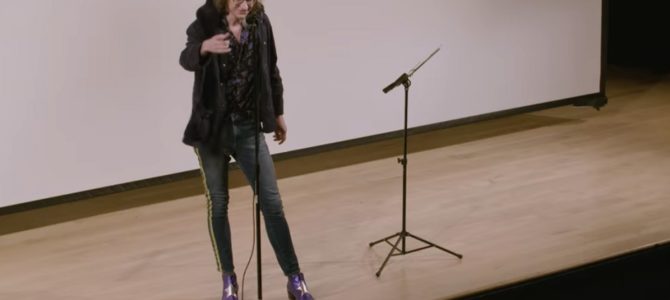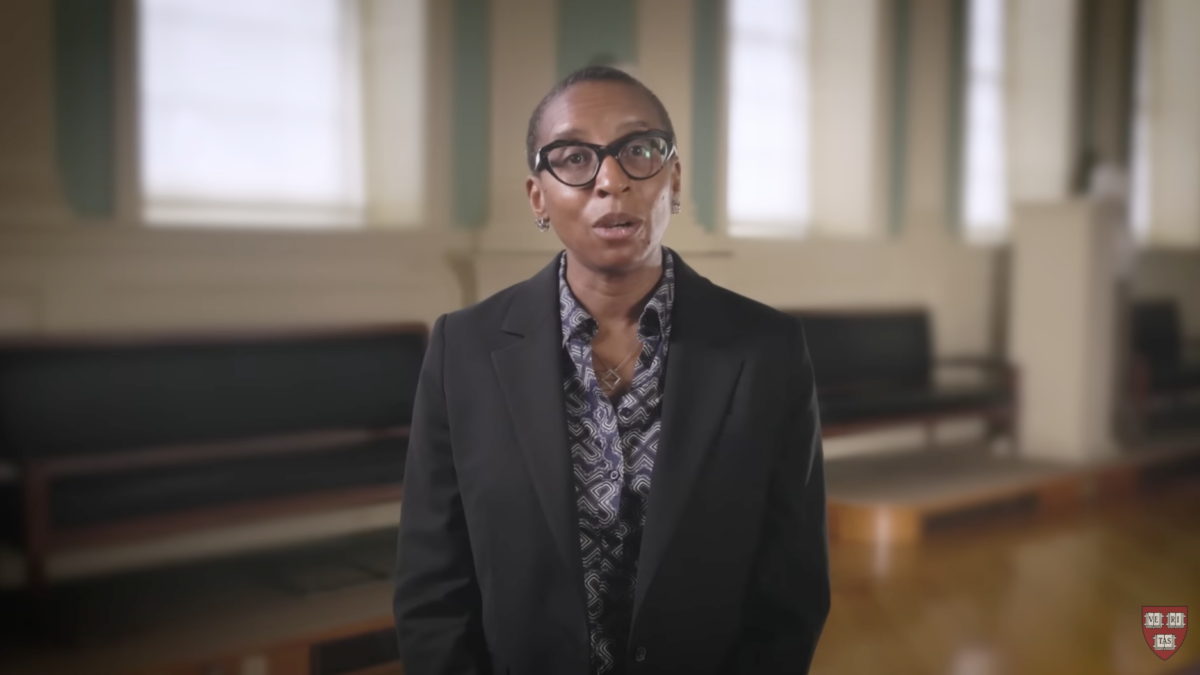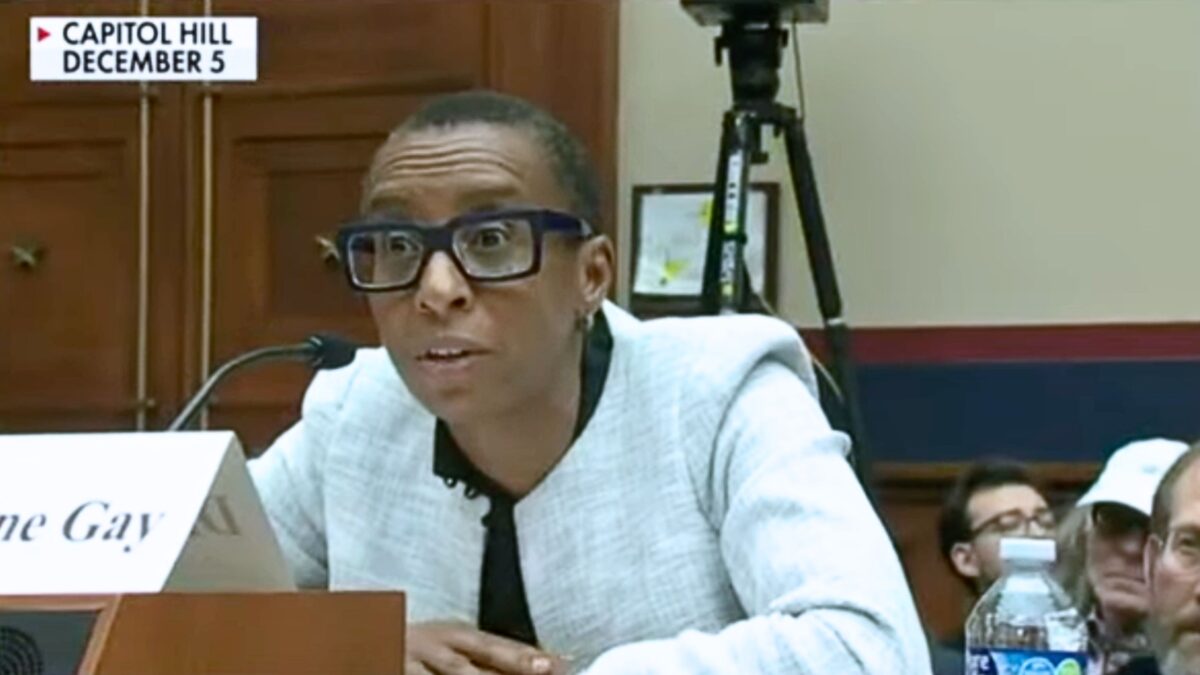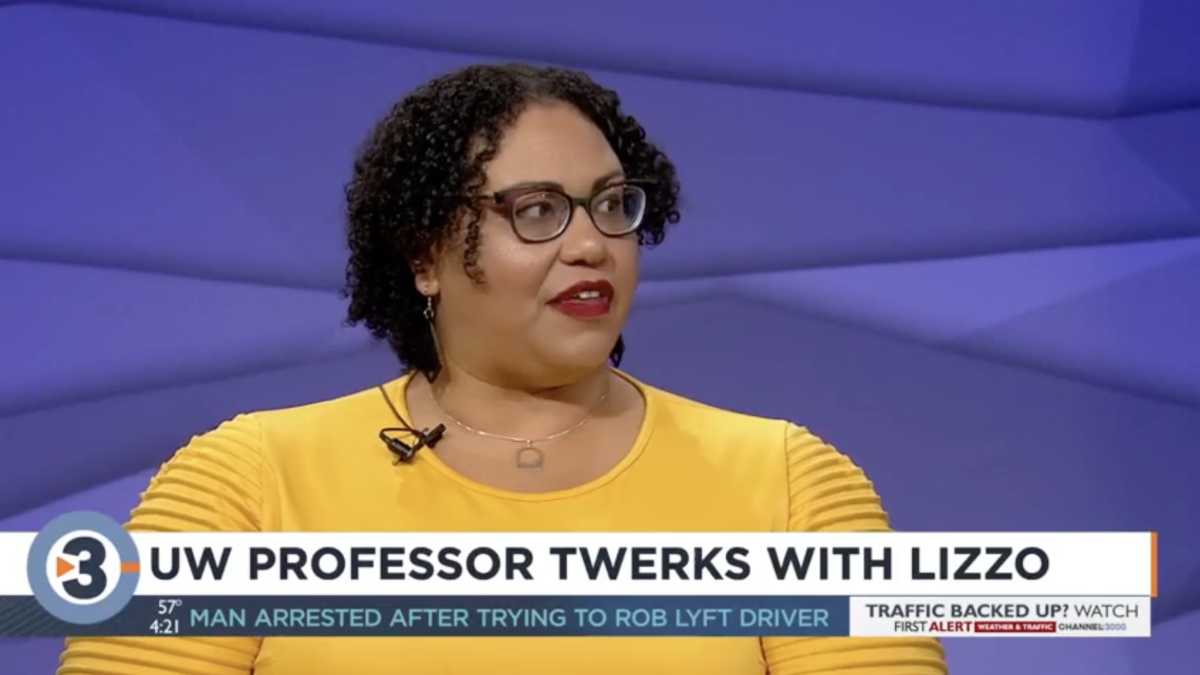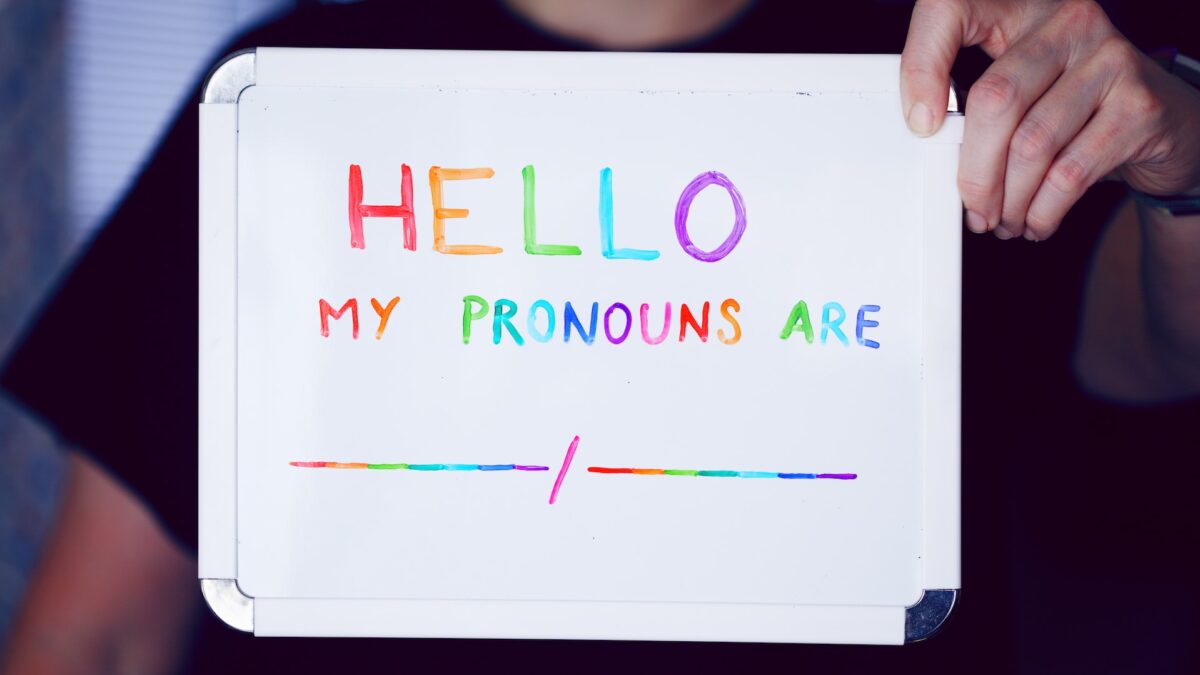“Comedian” is an undefinable profession. Sure, all comedians get on stage and hope to make people laugh, but every act is entirely different. Some use props, some talk about their families, some do impressions, and some get laughs by pushing the audience past comfortable.
Sometimes we hear a joke that we don’t like, that might hit a personal chord, but that’s okay. Comics know their individual material might not be for everyone, but it is their professional privilege to tell the jokes they want—unless they are performing on a college campus.
Michael Moynihan put three college bookers on the spot in an interview for Vice News, and directly asked how they chose and tailored acts for their school’s campus. The responses are pretty shocking. They have absolutely no issue with telling a comedian that a particular joke or set is not okay for their students, whom they assume to be extremely sensitive to the harmful nature of…jokes.
All three college bookers represent small liberal arts schools, and all repeatedly claimed to be thrilled with the diversity of their student bodies, but had absolutely no faith that these diverse 18- to 21-year-olds could handle a harsh joke from a comedian.
“Any time we put our label or our name on an event it is now an extension of the entire campus climate that we’re trying to create,” says Simmons College booker Kat Michael in the video.
Established comedians have long bristled at the idea of performing on college campuses for this very reason, but up-and-coming comics have little room to make such a stand when they are offered a paying gig. If a comedian had to constantly think about who was in his or her audience and who might be getting offended, he or she would never be able to write any jokes.
While a topic may seem taboo for laughter, a talented comic includes it in his act for a reason: to be funny. Maybe the joke will work, and maybe it won’t, but it should be up to the audience to decide.
Judy Gold, a veteran comic who refuses to perform on college campuses, asks “Why is it that everyone has to adjust to everyone else?” She suggests if you feel triggered by a comic’s off-color joke, you have the right to “get up and leave.”
It’s alarming to get a peek behind the curtain of these schools and hear the students describe their campus as a place where they feel safe and protected from the entertainment, and that they have every reason to feel “triggered” by a joke they didn’t like. What expectations are they bringing into the world post-graduation?
It seems hypocritical to demand the right to free speech when pushing a specific agenda, but then have no issue telling someone else he cannot say what he wants because you find it offensive. It is even worse to curtail someone’s free speech because you think it might be offensive to other people. The students should have the right to decide what is, and what isn’t, offensive to them.
